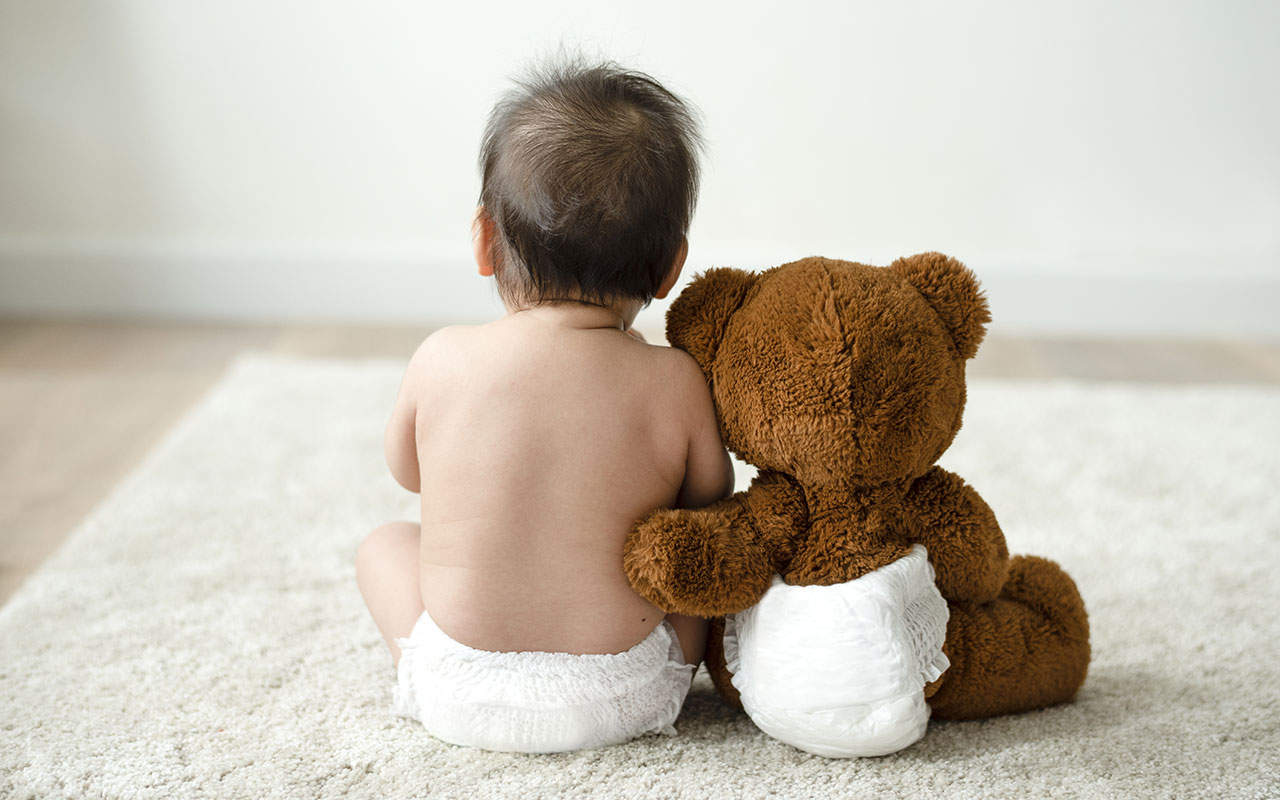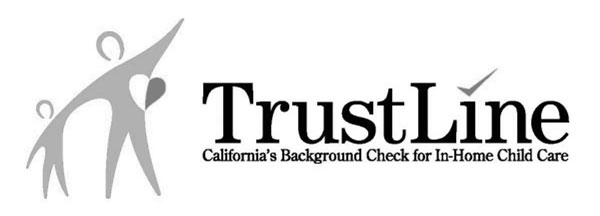In today’s interconnected world, it’s almost impossible to shield children and teens from disturbing images and stories when tragedy strikes. These events can cause significant fear and anxiety, making it imperative for parents to be vigilant about their children’s media consumption and provide a safe space for open communication. This guide offers practical advice on how to help children healthily process these events.
Understanding Children’s Reactions to Tragedy
Children may worry about several things when exposed to tragic events:
Personal Safety
They might fear that the event could happen to them or a loved one.
Separation Anxiety
The thought of being separated from loved ones can be particularly distressing.
Overall Safety
Concerns about the safety of their immediate environment and loved ones may arise.
Depending on a child’s age and maturity level, it is important to offer simple, clear explanations without delving into graphic details. Supportive and reassuring communication is crucial, and open discussions should always be encouraged.
Discussion Techniques for Parents
Be Truthful
Children need to understand the realities of the world to feel secure. Provide them factual information about what happened and acknowledge the event’s frightening nature. Sharing your feelings can help them feel understood and less alone in their emotions.
Encourage Questions
Make sure your child knows they can ask questions at any time. It’s common for children to process events slowly and come back with more questions later. Let them know that their inquiries are always welcome.
Normalize Feelings
Children may need time to process their emotions, and that’s perfectly normal. Allow them to express their feelings openly through crying or other means. Please share your feelings to help them understand that it’s okay to feel upset. Offer physical comfort, like a warm hug, to reinforce their sense of security.
Tailoring Discussions to Age Groups
Here are some tailored tips for discussing tragic events with children, as recommended by the Child Development Institute:
For Young Children (Under nine years old)
- Ensure They Feel Safe: Explain that while such events are unfortunate and frightening, they are rare, and many people are working to keep everyone safe.
- Stay Close and Show Affection: Surround them with familiar people and routines to maintain a sense of normalcy. Physical affection can be very comforting.
- Encourage Expression: Let them discuss their feelings and answer questions honestly. Avoiding the topic can make them feel more anxious.
For Older Children and Teens
- Discuss Openly: Engage in conversations about the event, asking about their friends’ views and feelings. This helps them process the information and emotions.
- Provide Accurate Information: Ensure they have the correct facts to prevent misinformation from causing additional anxiety.
- Offer Support: Let them know you’re there for them and encourage them to share their thoughts and feelings. This reinforces that they are not alone.
Additional Tips for Parents
Monitor Media Exposure
Limit a child’s exposure to disturbing images and news stories. Continuous exposure can heighten anxiety and fear. Watch the news together if necessary and provide immediate reassurance and context.
Maintain Routines
Keeping regular routines provides a sense of normalcy and security. This can be exceptionally comforting for children who are feeling unsettled.
Watch for Behavioral Changes
Be attentive to any changes in behavior, such as sleep disturbances, clinginess, or separation anxiety. These can be signs that a child is struggling to cope. If these behaviors persist, consider seeking professional help.
Seeking Professional Help
If the child you care for continues to exhibit signs of distress, it may be beneficial to consult a child psychologist or counselor. These professionals can provide strategies and support tailored to a child’s needs.
Resources for Support
- Child Mind Institute: This resource offers expert advice on helping children process and cope with frightening news.
- National Association of School Psychologists: This site provides tips for families and caregivers, such as Nannies, on helping children cope with terrorism and other tragic events.
- American Academy of Child & Adolescent Psychiatry: This resource center offers information on supporting children through disasters and traumatic events.
It is crucial to help children navigate their emotions and fears following a tragic event. Parents and childcare professionals can help children feel safe and secure by being truthful, encouraging open communication, and providing a supportive environment. Utilizing available resources and seeking professional help when necessary can ensure that children receive the support they need to cope with and recover from traumatic events.







